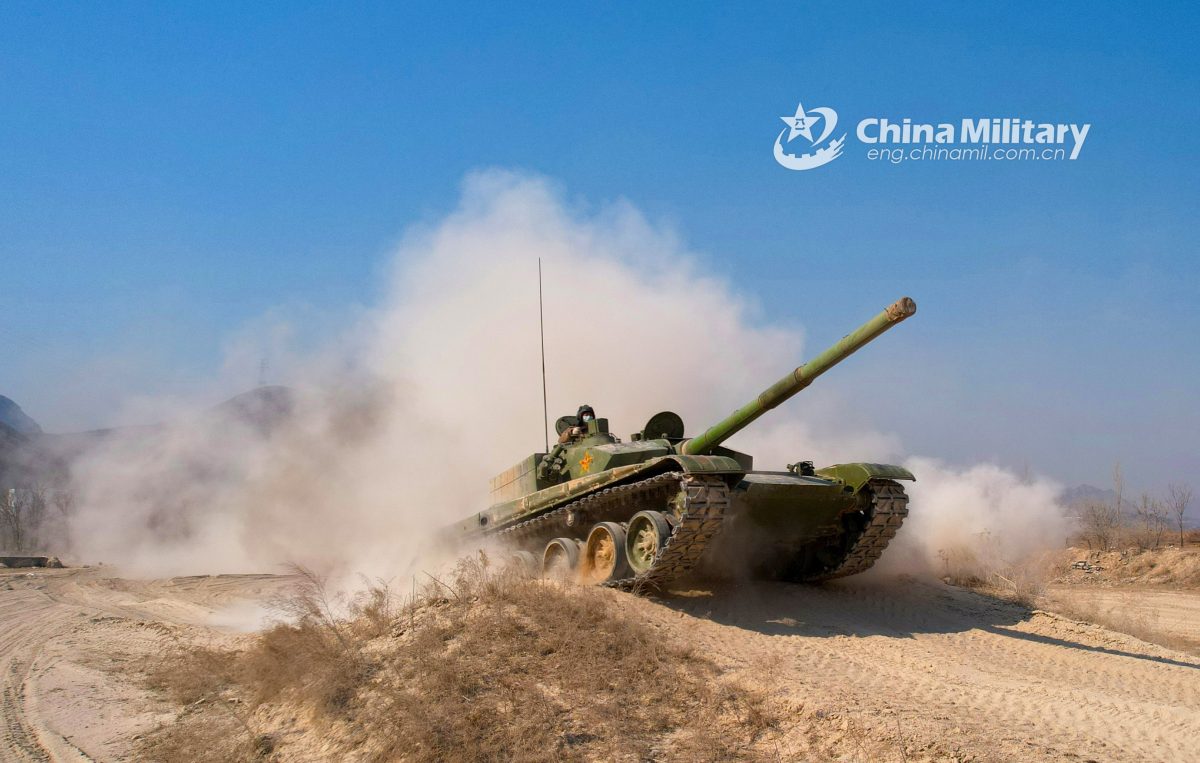Russia’s war of aggression in Ukraine tops the headlines of every major newspaper and television broadcast pushing Covid and China to the sidelines. Leaders around the world this week are watching to see how far Russia will go… this time. Xi Jinping is no different. He is carefully following Russian progress in the conflict with particular respect to its potential impact on Chinese national security and domestic stability. One area of high concern for him is the country’s dependence on foreign agricultural products.
Food security has long plagued the country. Since the communist takeover in 1948, China has suffered a number of severe famines supplanted by poor economic policy planning that made conditions worse throughout the country. In the early 1980’s, when China was opening to the West, the world discovered a new market with 800 million customers who needed imported grain to survive. Western farmers were enthusiastic to sell to the country during the Cold War. Although China’s self-sufficiency improved for a while, it once again has reverted to a grain importing nation. Xi knows China could face economic sanctions in the future over its belligerent behavior in East Asia and support for Russia. He is urging the population to ration their food supplies and to increase domestic crop production. Some Western economic analysts are downplaying the importance of food imports as China is growing more at home. The current source of its food imports can’t be overlooked, however, nor can its potential impact on domestic politics and stability of the CCP at home.
Vladimir Putin, China’s latest “old friend” in the small club of autocratic leaders in power, is causing Xi Jinping a number of challenges lately. Ukraine is a major wheat supplier to China. Although last year China only imported 5.9% of its wheat and 9.4% of its corn, it is not immune to the surging price of food commodities or the instability in its food supply chain. Chinese economic analysts like to cite the country’s increasing reliance on domestic production. They don’t like to admit that even a small change in the quantity available or the price of commodities can have a destabilizing domestic effect among a population already experiencing inflation, higher unemployment, lower wages, and a tainted Olympics intended to showcase Chinese achievements.
Last year Chinese buyers diversified their market purchases by turning away from American corn. China emerged as Ukraine’s largest buyer of the staple, accounting for a full third of China’s corn imports in 2021. The planting season for wheat in Ukraine, which begins in three weeks, is unlikely to occur. Black Sea wheat prices in general, since the Russian invasion, have soared. At the same time estimates for China’s wheat imports for marketing year 2021-22 (July-June) are at 9.5 million metric tons, which is 48.9% higher than the last three years’ average, according to the US Department of Agriculture. That doubled with trade tensions with Australia, its second largest supplier of imported wheat, have created an economic policy challenge for Beijing. Last summer, in anticipation of ongoing trade issues with Australia, Beijing signed a new memorandum with Ukraine on strategic bilateral co-operation and agricultural development. Economists last July expected China to double or even triple its purchases from Ukraine this year. With that now unlikely to happen, China has turned to Russia to fill its grain silos.
On February 23, only a day after China’s National Food and Strategic Reserves Bureau ordered the release of some edible oils, the country’s custom agency approved imports of wheat from Russia. Xi Jinping and the CCP economic planners are well aware of the political costs of a food shortage. In recent years China consistently has missed its 95% target for domestic production of grain by an average of 15% annually. As the Western world refines and imposes additional sanctions on Russia, China may find it difficult to import the grain it needs to feed its 1.3 billion population. Chinese banks are increasingly concerned about the risk of evading sanctions by handling food commodities trade deals. According to James Palmer, writing in Foreign Policy this week, “US Secretary of Commerce Gina Raimondo has issued a clear redline to Chinese technology firms that might seek to supply Russia, warning that they will be cut off from the services and supplies they need to continue operating.” As sanctions potentially impact grain imports from Russia, China may have a challenging time finding a way to pay Moscow for the grain it needs this season. More severe food shortages in China will not play well among the population, which already is feeling the weight of international scorn from its actions surrounding the Covid virus, military aggression in the South and East China seas, and its predatory loan programs in the developing world. With Putin bogged down in Ukraine and Xi facing a potential increase in food instability at home, the world is a more dangerous place in 2022.
Daria served in the U.S. State Department
Photo: China Defence Ministry
